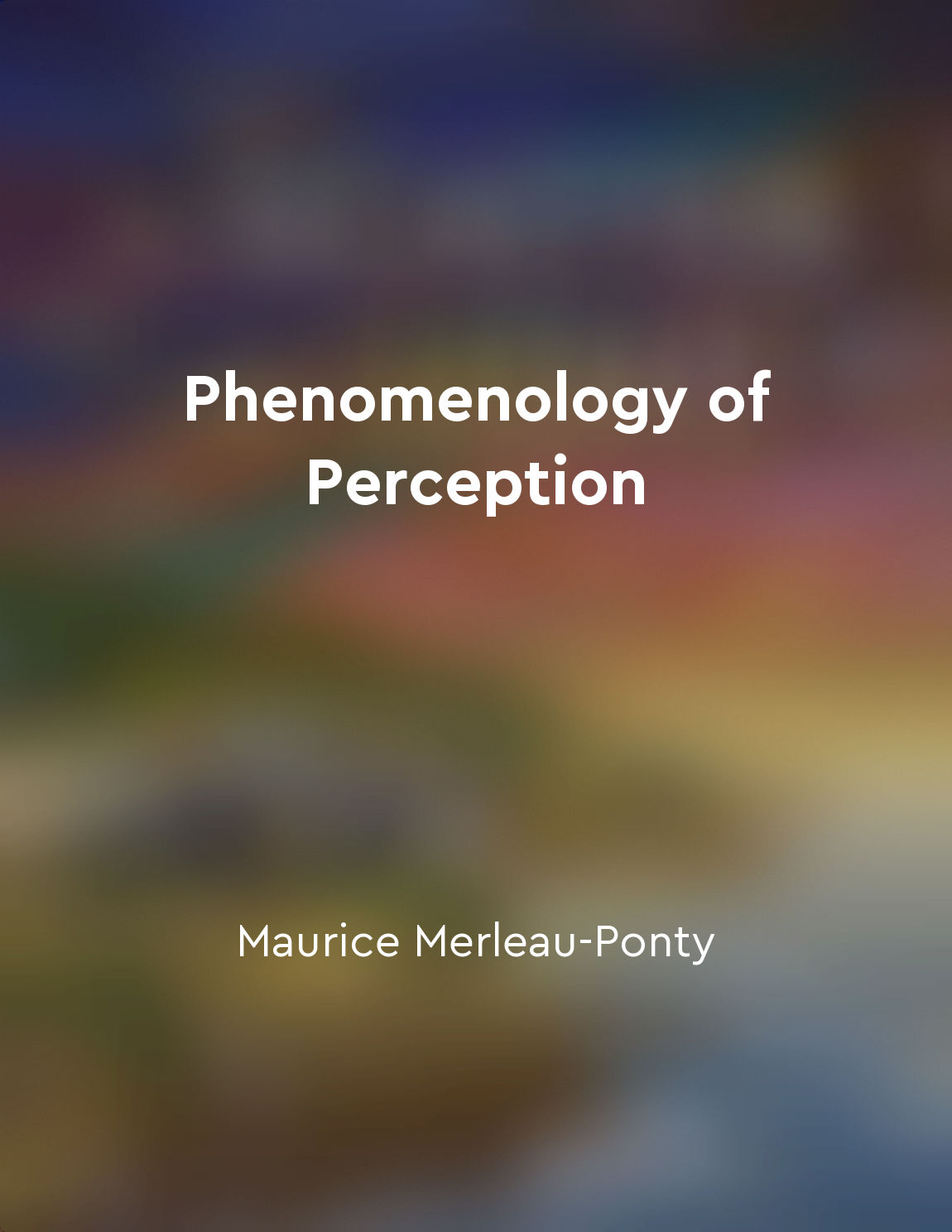Nature of consciousness questioned from "summary" of The Man Who Wasn’t There by Anil Ananthaswamy
The question of what it means to be conscious is perhaps one of the most profound and perplexing mysteries that we face as human beings. As we go about our daily lives, experiencing the world around us, it is easy to take for granted the fact that we are conscious beings. But when we stop and really think about it, the nature of consciousness becomes a deeply puzzling and enigmatic phenomenon. In "The Man Who Wasn't There," the author delves into this fascinating topic, exploring the various ways in which scientists, philosophers, and researchers have attempted to grapple with the question of consciousness. Through a series of thought-provoking anecdotes and interviews with experts in the field, the book takes us on a journey through the complexities of the human mind and the enigmatic nature of our subjective experience. One of the central themes that emerges from the book is the idea that our understanding of consciousness is far from complete. While we may have made significant strides in unraveling some of the mysteries of the brain, the true nature of consciousness remains elusive and enigmatic. As the author delves into the various theories and hypotheses that have been put forward to explain consciousness, it becomes clear that there is still much that we do not know. From the concept of the brain as a complex network of neurons firing in synchrony to the idea of consciousness as a fundamental aspect of the universe itself, the book explores a wide range of perspectives on this fundamentally human experience. Through engaging storytelling and insightful analysis, the author challenges us to think deeply about what it means to be conscious and what implications this may have for our understanding of ourselves and the world around us.- "The Man Who Wasn't There" serves as a powerful reminder of the profound mystery and wonder that is inherent in the human experience. By questioning the nature of consciousness, the book invites us to explore the depths of our own minds and to consider the profound implications of our subjective experience. In doing so, it challenges us to think more deeply about the nature of reality and our place within it.
Similar Posts
Embracing curiosity and exploration fosters brain plasticity
When we allow ourselves to remain curious about the world around us and engage in exploratory activities, we are actually stimu...

The body is a source of existential depth and richness
The body is not just a physical entity; it is a source of existential depth and richness. It is through our bodies that we expe...
Phenomenological philosophy seeks to understand the nature of experience
Phenomenological philosophy delves into the very essence of human experience, aiming to uncover the fundamental nature of our l...
Temporality structures our consciousness
The concept of temporality is fundamental to understanding the structure of our consciousness. Our experience of the world is a...

